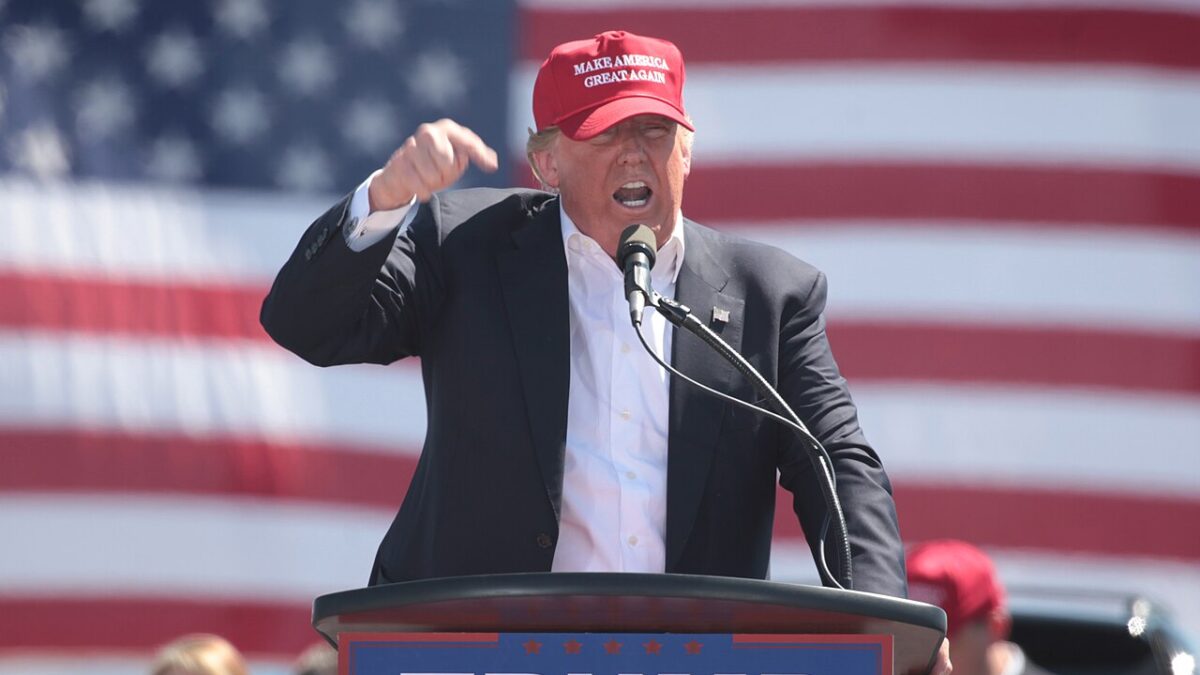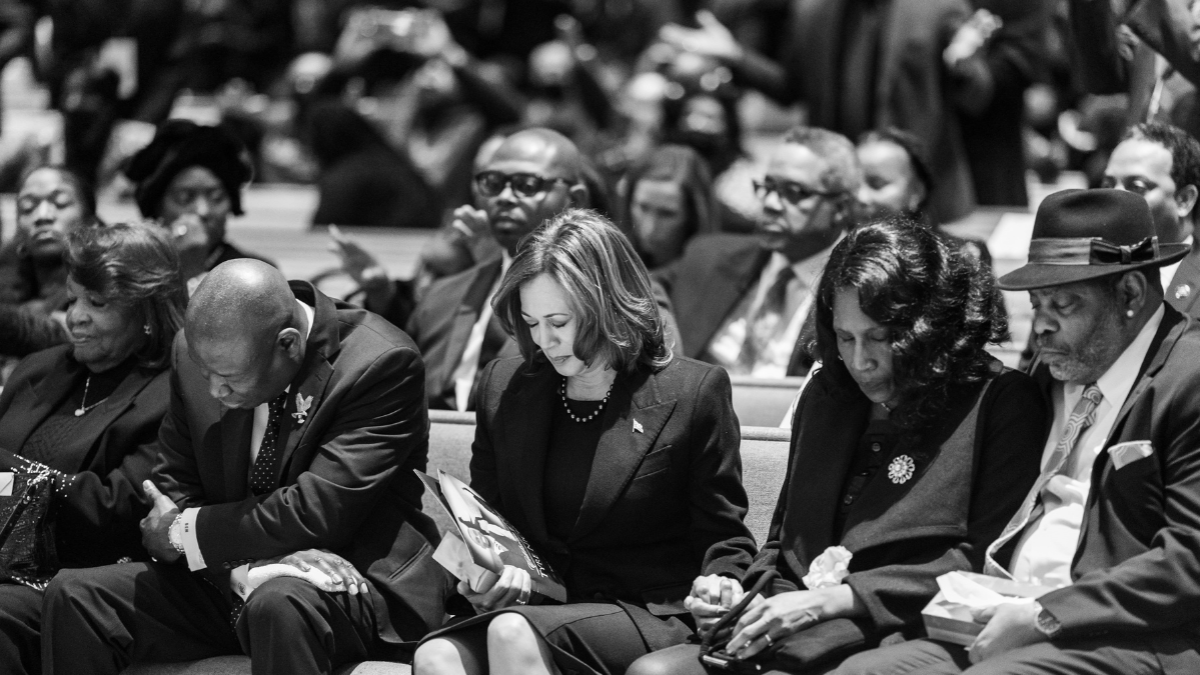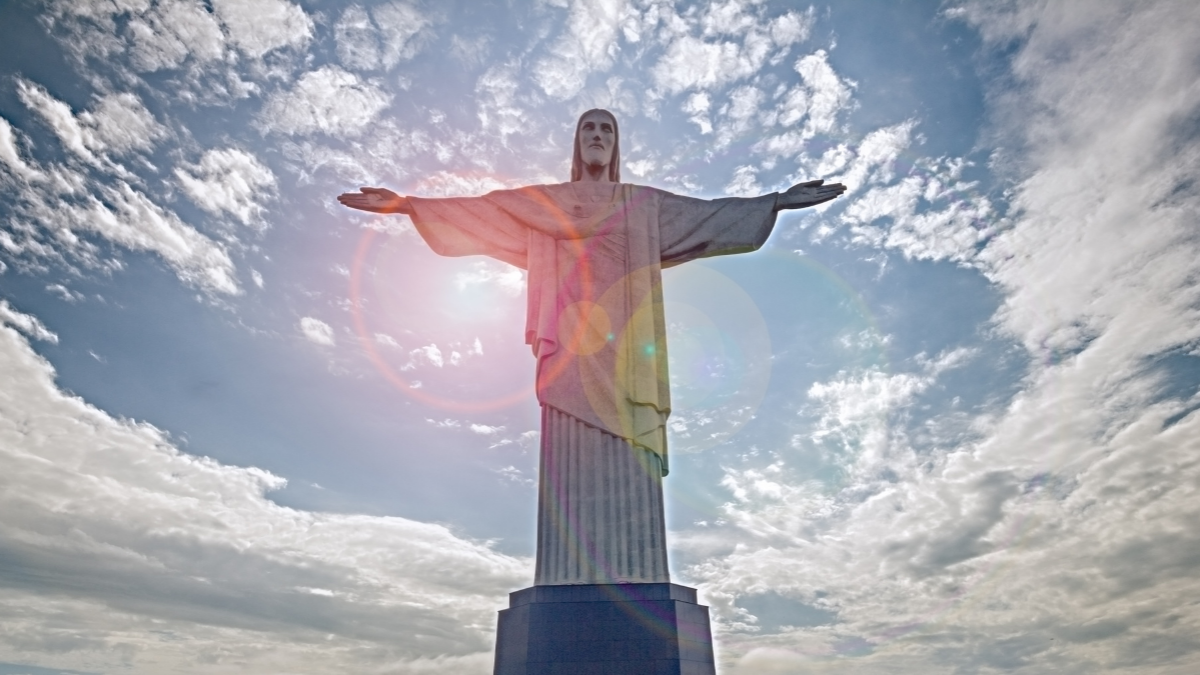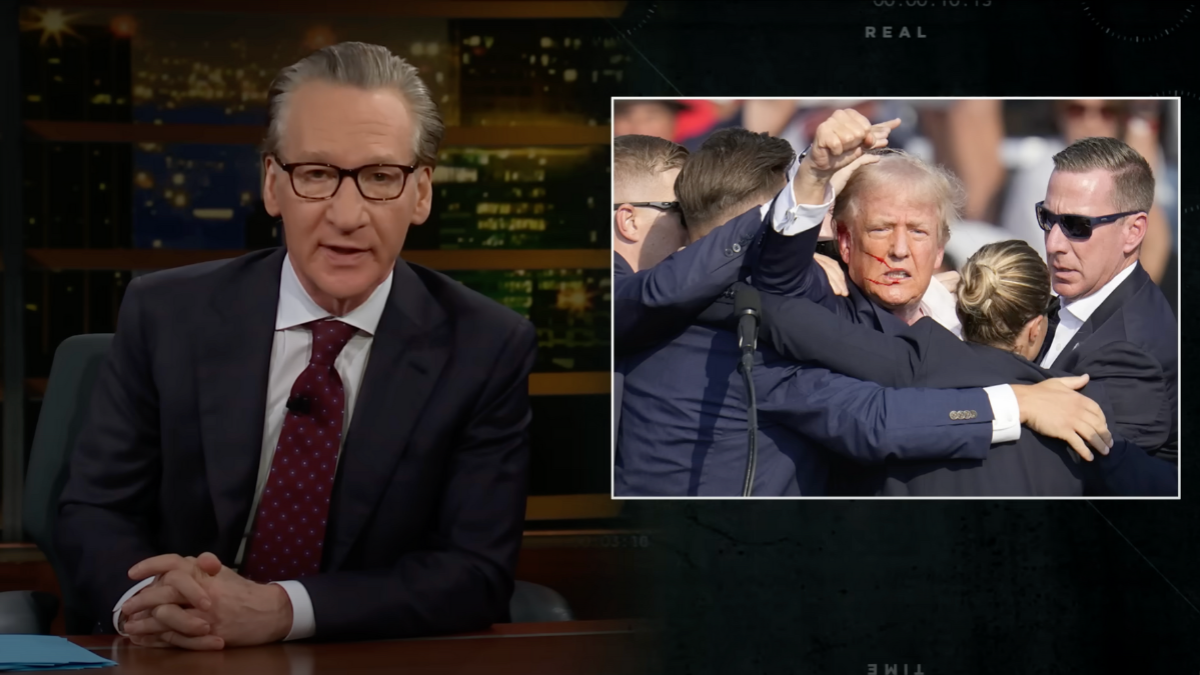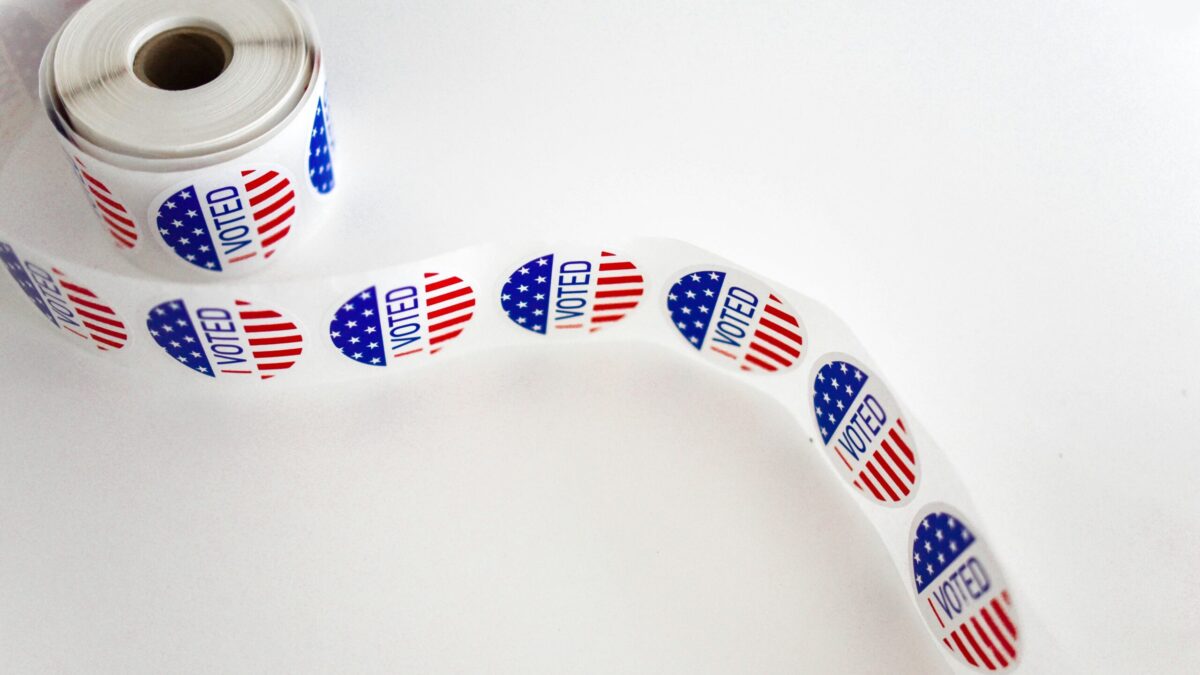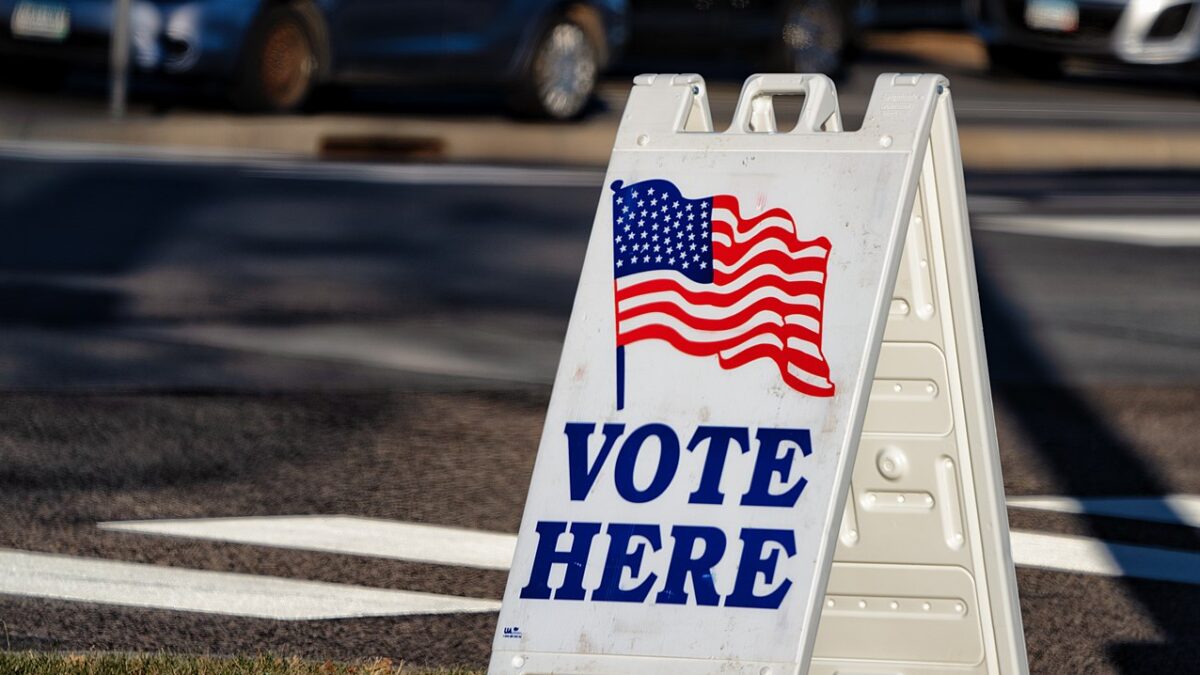In the days since the attempted assassination of former President Donald Trump, some observers have rushed to assert that the hand of divine providence thwarted the attack. It’s an understandable impulse, given the close call that kept Trump from the assassin’s bullet and the further unrest that would have resulted had the attempt succeeded. People of all political stripes should give thanks when violence gets thwarted, and our nation can resolve its differences peacefully.
Assigning political motives to the divine, however, goes too far. For instance, when talking about the assassination attempt, professional fighter Jake Paul began by saying, “If it isn’t apparent enough who God wants to win.”
Ultimately, conflating religion and politics does an injustice to both. Too many Democrats have adopted leftism as a de facto religion — one of the reasons explaining our current polarized climate — that it presents a cautionary tale for conservatives thinking they should follow suit.
‘Wokeism’ as the Left’s Religion
As a conservative living in the nation’s capital, and a single one at that, the evidence of a “woke” religion pervades the culture. I have seen more profiles on dating apps featuring pictures at protests, references to Black Lives Matter or Free Palestine, and “Trumpers need not apply” than I can count.
Apart from the inherent irony of people who boast of their tolerance, effectively excluding half the population from their dating pool, these statements speak to a larger zeitgeist. Yes, mentioning the “climate crisis” in a Hinge profile classifies as virtue signaling, but it goes well beyond that.
At a time when the nation has become more secularized, politics has for many people taken on the role of religion. With social cohesion declining as membership in clubs and other institutions of civil society falls, politics becomes a way to find a sense of belonging. But because modern politics has often become a discussion about what parties and groups oppose as much as what they support, the trend only increases polarization.
In my area of the country at least, the sight of people wearing Black Lives Matter T-shirts has become the equivalent of what in a different time and place would have been families bowing their heads in silent prayer at a restaurant before a meal — a public display of one’s private belief structure. The same paradigm could well apply to red MAGA hats in rural areas of the nation.
The Costs of Theological Politics
But making politics almost theological harms politics as much as religion. While principle should matter when making policy choices, it should not become doctrinaire and rigid in outlook. To paraphrase a quote attributed to John Maynard Keynes, when facts, circumstances, and evidence change, policies may also need to.
To use one example, does it make as much sense to pass a massive tax cut in the coming year — given our huge debt, sizable budget deficits, and lawmakers’ inability to restrain spending — as it did more than two decades ago when our nation (briefly) was running budget surpluses? Of course not, at least not unless Congress pays for it via spending restraint.
Placing these types of policy decisions into the realm of the theological would have destructive effects — indeed, it already has. For those in any doubt about the dangers of infusing religion into politics, look at the price at the gas pump the next time you fill up and behold the consequences of the left’s biggest shibboleths, the “climate crisis” and “net zero.”
Keep Religion Great
Elevating the grubby art of politics into the theological gives it a stature and rigidity it does not deserve. As a Christian, I believe that God became man to save my soul. Believing corporeal and mortal outcomes reflect some heavenly political statement flatters men more than exalting the divine.
Moreover, Lincoln rightly observed in his Second Inaugural that presuming God intervenes in binary politics means at least one set of Americans will receive heavenly opprobrium:
Both [North and South] read the same Bible and pray to the same God, and each invokes His aid against the other. … The prayers of both could not be answered. That of neither has been answered fully. The Almighty has His own purposes.
If the great emancipator could hold those sentiments about the greatest and deadliest cataclysm ever to befall our nation, far be it for me to attribute any beneficial political event, or series of events, to the divine. The Almighty has not only His own purposes but an eternal time scale. The events that some may view as providence speaking in their favor in one moment may prove to be but a snapshot of another series of events sending a far different message.
Far better to follow Christ’s command to render unto Caesar the things that are Caesar’s, and reserve to God the things that are God’s. In these polarized and troubled times, such advice represents the best way to follow Lincoln’s axiom to make sure not that God is on our side, but that we are on God’s side.
